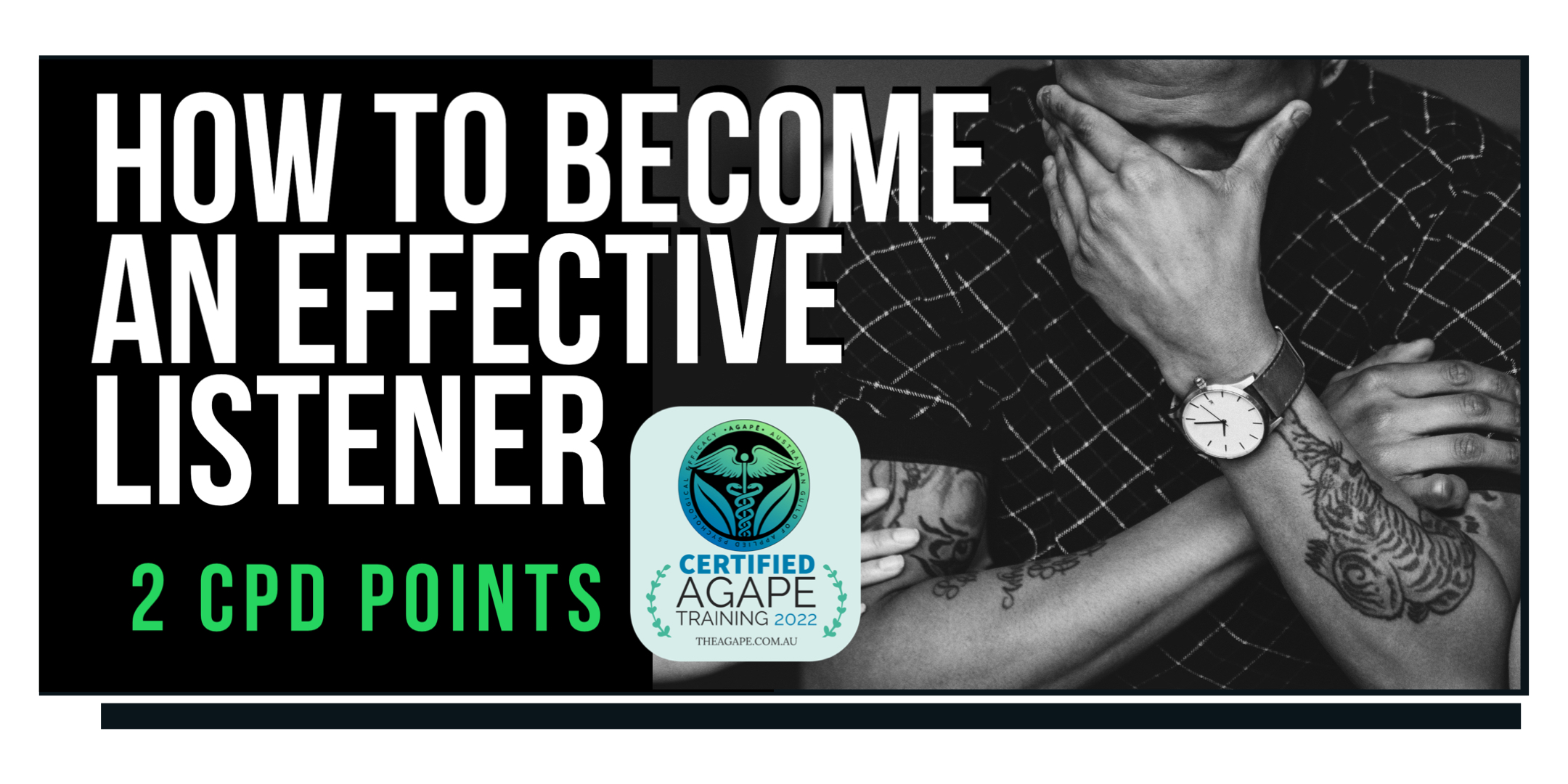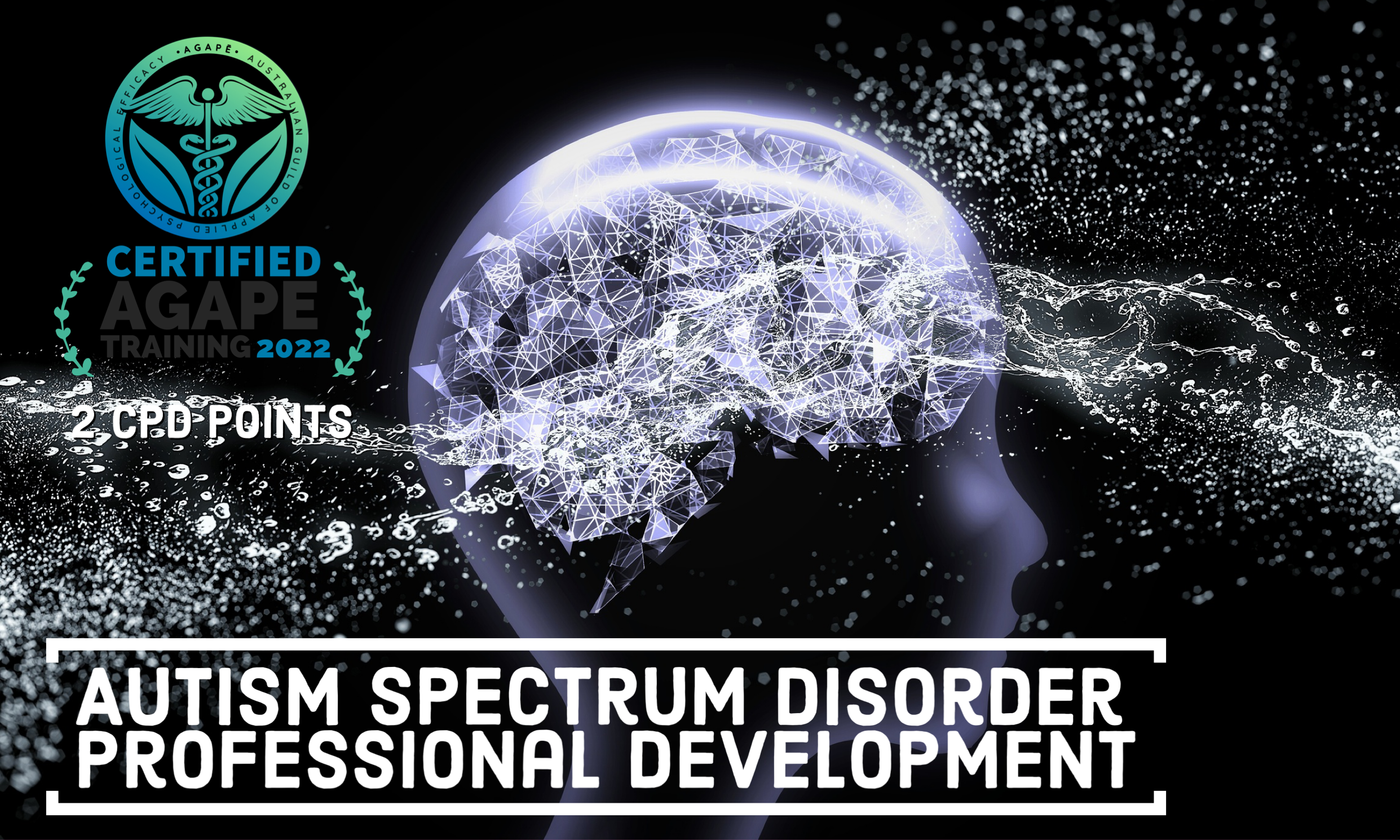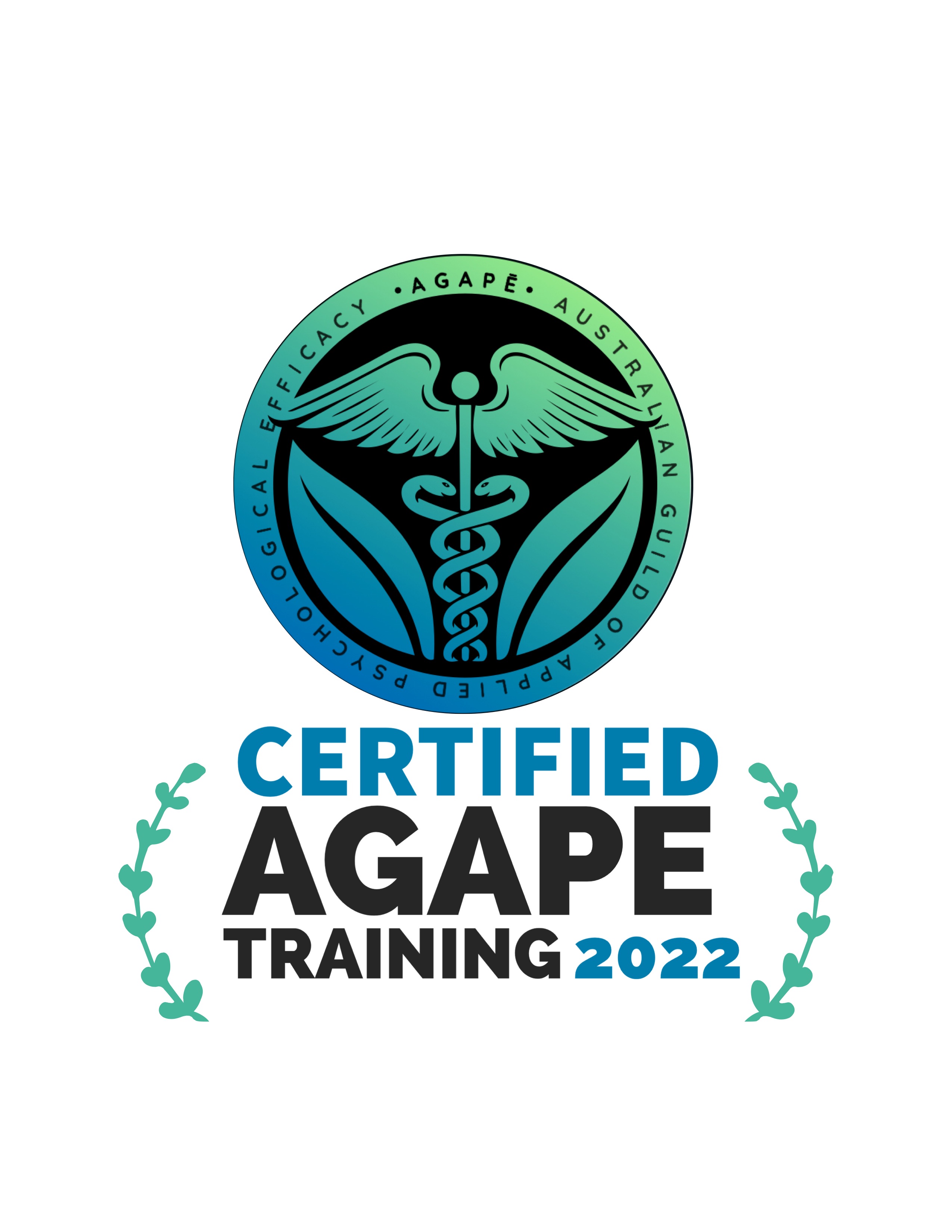
About this course: Worth 2 CPD Points
Effective listening requires us to listen carefully without any filters. It also requires responding to what was heard without any judgment.
At the end of the course, there are several questions to test your knowledge about the topic. To pass the course you will need to answer all the questions correctly.
Upon successful completion of the course, you will be able to:
- understand the concept of Active Listening,
- outline the listeners role when engaging in discourse
- explain the barriers that can arise
- articulate and understand the various tips and strategies to listen effectively
Certificate of Completion only when you score 100% on the final assessment.
Enjoy the course!

About this course: Worth 1 CPD Point
Organisational leadership is a field of business management that specifically relates to meeting the challenges and goals brought by both individual employees or an organisation as a whole.
Upon successful completion of the course, you will be able to:
- understand the concept of organisational leadership,
- outline the leader's role within a team
- explain how leaders influence peer and employee behaviour
Certificate of Completion only when you score 100% on the final assessment.

Please indicate and upload all supervision and external CPD here.

About this course: Worth 2 CPD Points
As a goal-oriented, client-centred counselling style for eliciting behaviour change, motivational interviewing helps clients to resolve ambivalence. In this course, we explore its essence: the definition; chief principles, techniques, and skills; and interview traps that comprise the practice of motivational interviewing. We list typical applications, along with noting those whose efficacy has been demonstrated through research.
Upon successful completion of the course, you will be able to:
- Provide definitions of motivational interviewing from multiple perspectives;
- Distinguish between motivational interviewing and related approaches whose essence is different;
- Cite applications of motivational interviewing whose efficacy has been demonstrated by research;
- Identify the principal applications of motivational interviewing;
- Name the five main principles of motivational interviewing as expressed in the DEARS acronym;
- Know how/when to use the counselling micro-skills of MI as expressed in the OARS acronym;
- Identify clients' stage of change and recognise and elicit change talk in them;
- List the chief interview traps and roadblocks to listening.
Certificate of Completion only when you score 80% more on the final assessment.

About this course: Worth 2 CPD Points
2hrs Reading with Multiple Choice assessment
Course Modules Include:- Aetiology
- Symptoms
- Diagnosis
- Treatment
Certificate of Completion only when you score 80% more on the final assessment.

